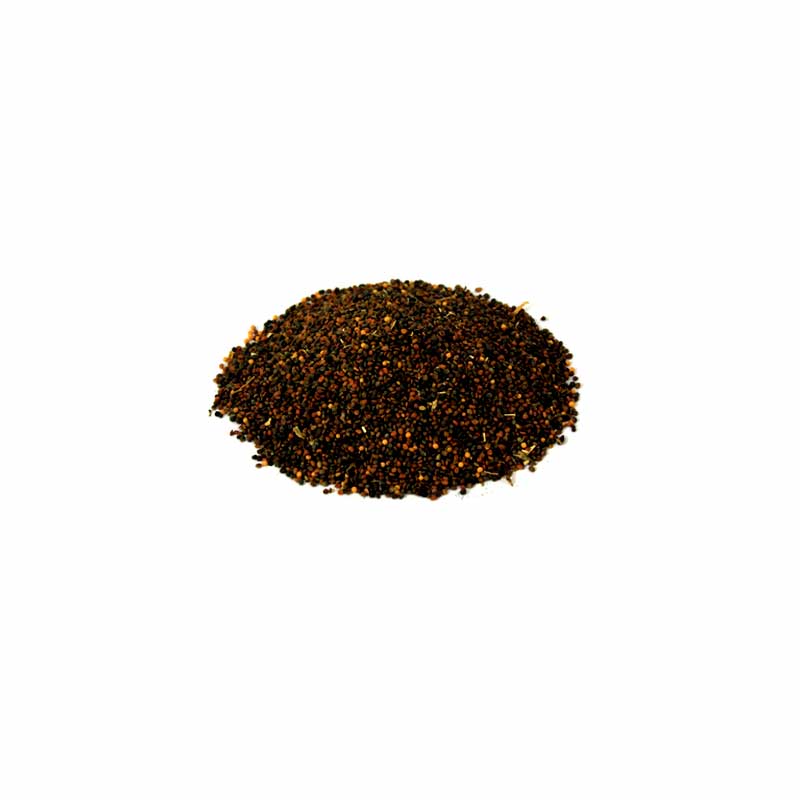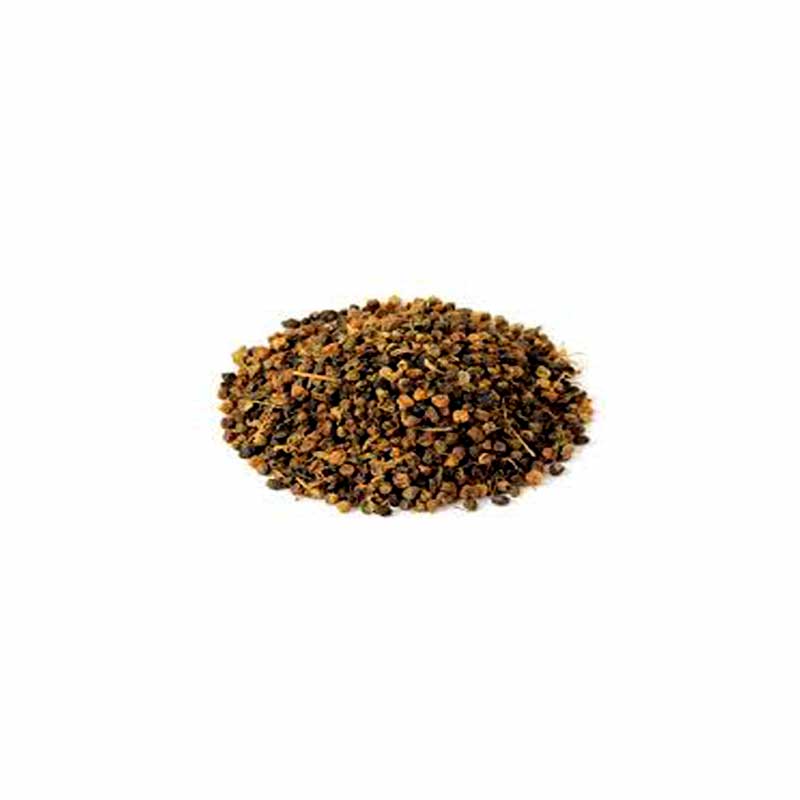Description
Flaxseeds, sometimes called linseeds, are small, brown, tan, or golden-colored seeds that are the richest sources of plant-based omega-3 fatty acids, Flaxseed benefits could help you improve digestion, give you clear skin, lower cholesterol, reduce sugar cravings, balance hormones, fight cancer and promote weight loss. Flaxseed is used for diabetes, high cholesterol, high blood pressure, obesity, breast pain (mastalgia), and swelling (inflammation) of the kidneys in people with lupus. It is also used for many other conditions, but there is no good scientific evidence to support these other uses.
Flaxseed is a good source of dietary fiber and omega-3 fatty acids. Researchers believe this fiber binds with cholesterol in the intestine and prevents it from being absorbed. Flaxseed also seems to make platelets, the blood cells involved in clotting, less sticky. Overall, flaxseed’s effects on cholesterol and blood clotting may lower the risk of “hardening of the arteries” (atherosclerosis). For systemic lupus erythematosus (SLE), flaxseed is thought to improve kidney function by decreasing the thickness of blood, reducing cholesterol levels, and reducing swelling.
- Improve blood sugar control.
- Help reduce total cholesterol and low-density lipoprotein (LDL or “bad”) cholesterol..
- Slightly reduce blood pressure.
- Enhance Mood.
- Maintain Health of Heart, Lungs and Stomach.
- Help maintain cholestrol level.
- Promotes weight loss.
- Boost Immune system.
- Fights depression and anxiety.
- Makes skin and hair healthy.
Constituents
Flux seeds contain Omega-3, Fiber, Protein, Vitamin B1, Manganese, Magnesium, and Phosphorus, Also, flaxseeds contain a good amount of vitamin B6, Iron, potassium, copper, and zinc.
Benefits
Precaution
Taking flaxseed by mouth during pregnancy is POSSIBLY UNSAFE. Flaxseed can act like the hormone estrogen. Some healthcare providers worry that this might harm the pregnancy. But to date, there is no reliable clinical evidence about the effects of flaxseed on pregnancy outcomes.
There is not enough reliable information about the safety of taking flaxseed if you are breastfeeding. Stay on the safe side and avoid use.
Flaxseed might slow clotting. This raises the concern that it could increase the risk of bleeding in people with bleeding disorders. Don’t use it, if you have a bleeding disorder.
There is some evidence that flaxseed can lower blood sugar levels and might increase the blood sugar-lowering effects of some medicines used for diabetes. There is a concern that blood sugar could drop too low. If you have diabetes and use flaxseed, monitor your blood sugar levels closely.
People with a bowel obstruction, a narrowed esophagus (the tube between the throat and the stomach), or an inflamed (swollen) intestine should avoid flaxseed. The high fiber content of flaxseed might make the obstruction worse.
Flaxseeds might lower diastolic blood pressure. Theoretically, taking flaxseeds might cause blood pressure to become too low in individuals with low blood pressure.
Additional information
| Dimensions | 15 × 15 × 15 cm |
|---|





Reviews
There are no reviews yet.